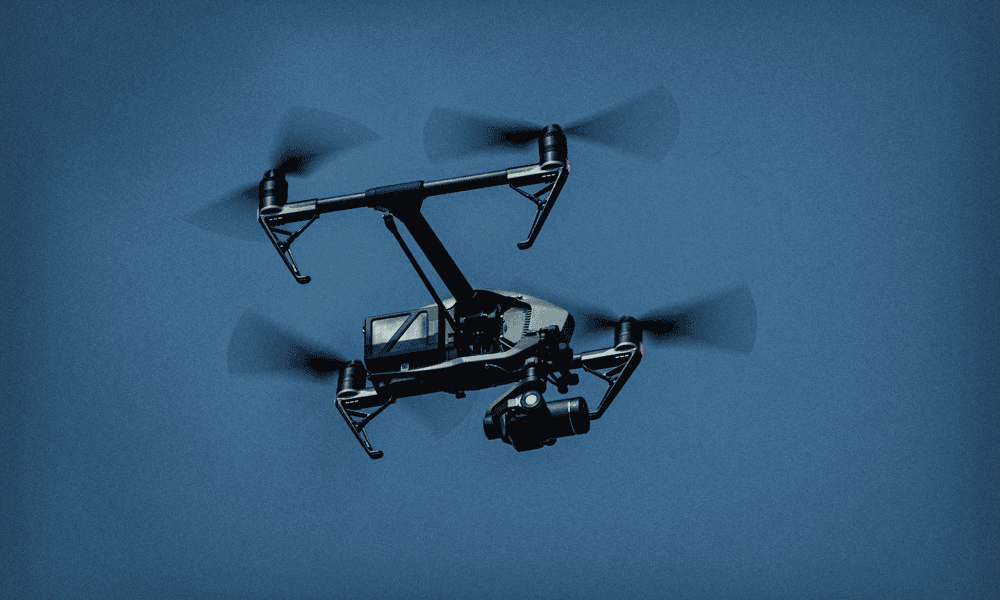Research Expertise
L-PACE is built on Lancaster University’s world leading reputation for the application of social and behavioural sciences to policing Areas of Research Interest, showcasing Lancaster’s multidisciplinary excellence in computational social science, psychology, linguistics, law, criminology and sociology, in the analysis of visual, linguistic and sensor data.
The centre's focus on socio-technical research enables us to take a broader view of the Policing Areas of Research Interests, addressing challenges and providing knowledge and insights that could significantly improve policing performance.
Our aim is to ensure that policing is shaped by the latest and best scientific expertise, and that the UK’s leading researchers are able to challenge and innovate in partnership with policing to provide practical solutions to current policing problems to improve public safety.


optimised.png)
.png)


.jpg)

